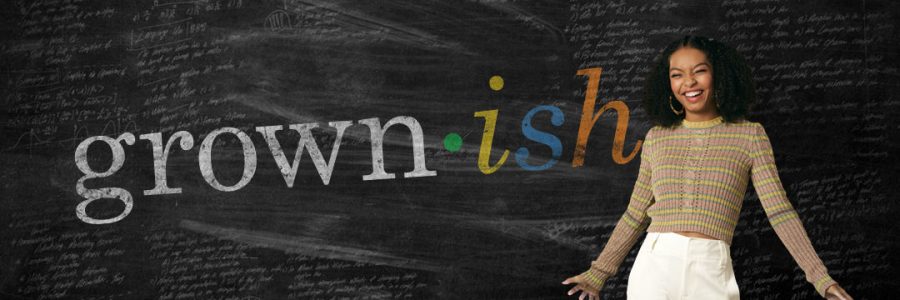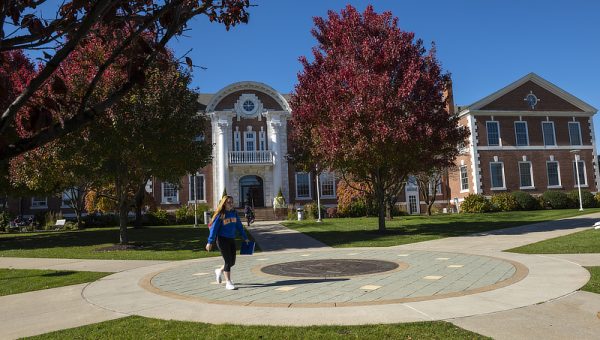Thoughts On Freeform’s grown-ish
Freeform’s new series grown-ish, the highly anticipated spin off to hit show black-ish, premiered on Jan. 3. The show was a success with an audience of 1.56 million on its first episode, making it the biggest comedy launch on Freeform since 2012. With a cast of mostly African Americans, grown-ish comes at a time where people of color are often stereotyped and represented as criminal, or the sassy, promiscuous friend.
When the show premiered, minority audiences were excited to see themselves represented in an authentic light – and the show delivered. Zoey Martin, and her ragtag group of friends are perfectly normal. They struggle with relationships, making the right decisions, and keeping up with the fast pace of college life. This was a huge step in the right direction for representation of minorities on television in all aspects…but one.
On the surface, grown-ish seems to have it all, but the lack of representation of dark-skinned characters is off putting and may not be the first thing many people notice. At first, this cast may seem perfectly diverse – the cast is made up mostly of people of color, which is why the show was so greatly anticipated for minorities. But giving it a closer look, none of these characters are dark skinned. It is a bit off putting to have a show that is supposed to cater to black audiences but leaves out a significant chunk of what that audience looks like.
This plays into the idea of colorism, which is still prevalent in our society today. The idea that lighter skin is deemed more attractive than darker skin is made obvious by the fact that we so rarely see darker skinned people, especially women, on our screens. It’s the reason that most of our young black stars such as Yara Shahidi, Zendaya, Amandla Stenberg, Kiersey Clemons, are all light skinned black women. Pushing aside darker skinned people into the shadow gives them less opportunity and sends a clear message to its audience: you do not fit our aesthetic.
grown-ish was supposed to be this generation’s version of A Different World, the Cosby show spin off that followed eldest daughter Denise Huxtable to college. With blueprints that are almost identical, grown-ish should have been a perfect hit, but A Different World genuinely represented all spectrums of being black. From characters like quirky Dwayne Wade, to the intelligent overachiever Kimberly Reese, darker skinned people were able to see and identify themselves on their screens. When characters like these are left out of the conversation, it does make it harder to relate to.
If grown-ish plans on being the pioneer in young black television, the way that A Different World was for the last generation, it will have to learn a huge lesson from its predecessor. And that lesson is inclusiveness. This is a mistake that they will have to reconcile by the start of season two.




